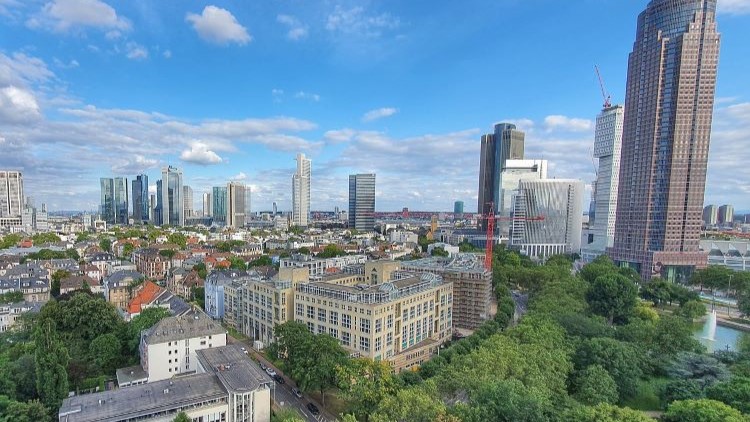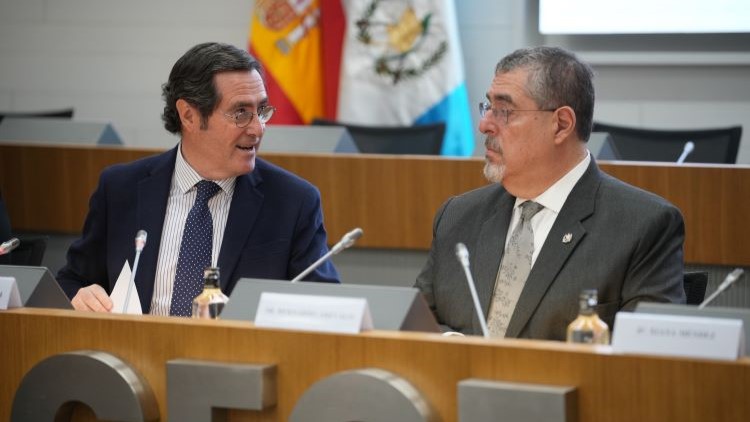The Diplomat
Frankfurt has been chosen by the European Parliament and the EU Council as the headquarters of the new EU anti-money laundering and terrorist financing agency (AMLA), to the detriment of Madrid, which had presented his candidacy.
In a joint vote, MEPs and EU ambassadors chose Frankfurt this Thursday as the headquarters of the AMLA central body. This is the first time that Parliament and the Council have agreed on an equal footing on the host city of a new EU agency, following a ruling by the Court of Justice of the European Union to that effect. Nine cities had presented their candidacies in joint public hearings, including Madrid, but Frankfurt finally won by a majority in the first round of voting.
Last November, Spain formally presented Madrid’s candidacy in Brussels, which had the support of the Government, the Community of Madrid and the City Council and was defended by the Minister of Economy, Carlos Body, and the mayor of the capital, José Luis Martínez-Almeida, on January 30 before the European Parliament and the Council. Madrid had even chosen the physical headquarters that would host the AMLA in the event that its candidacy was chosen. It was the Crystal Tower, the tallest building in Spain and the fourth in the European Union, located in the Cuatro Torres Business Area complex, in the north of Madrid. “We would have liked him to be in Madrid, but it couldn’t be,” declared Body on his X social network account, in which he congratulated Frankfurt on its victory.
On 20 July 2021, the European Commission presented an ambitious package of legislative proposals to strengthen the European Union’s rules against money laundering and terrorist financing. This package, which already has the support of the Council, also included the proposal for the creation of the AMLA, which will be responsible for directly monitoring certain financial entities considered high risk in terms of money laundering or financing of terrorism and coordinating the action of national supervisors.
Now that the full package has been provisionally agreed between Parliament and the Council, it needs to be formally adopted by both before it can become law. Parliament is expected to vote on its final approval in the plenary session from April 22 to 25. Once adopted, the AMLA regulation will apply from July 2025. Before that, the European Commission is responsible for establishing the Authority and launching its initial operations.







